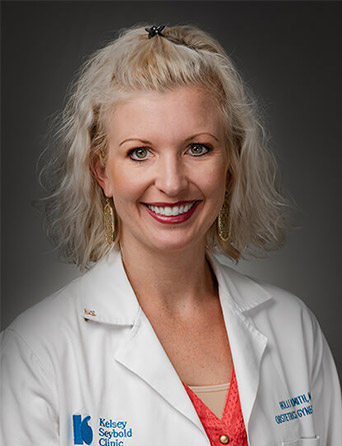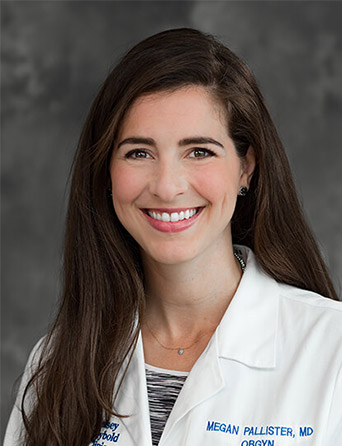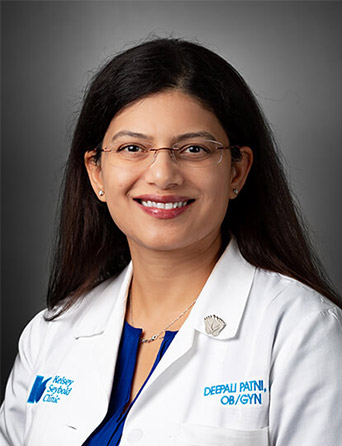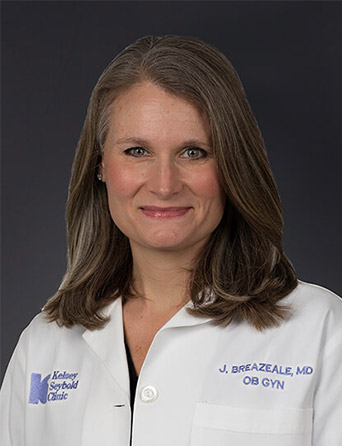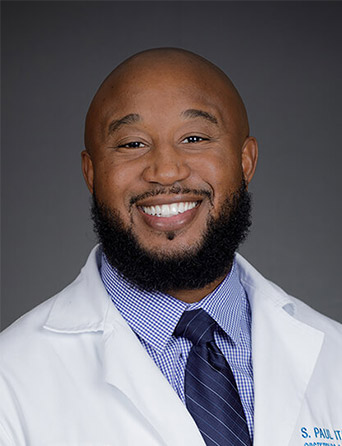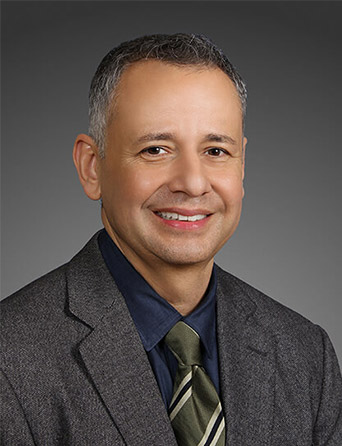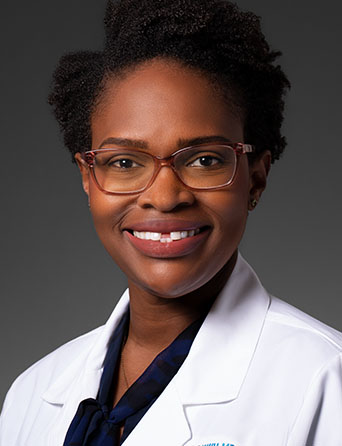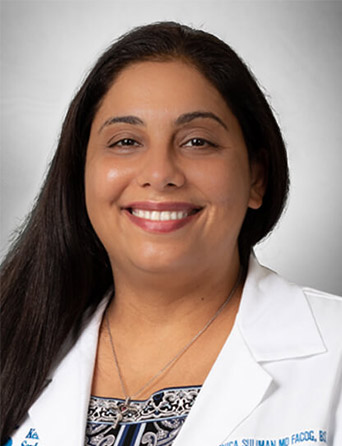
Breast Cancer: Separating Fact from Myth
October is Breast Cancer Awareness Month. Breast cancer is the second most common cancer in the United States and the second leading cause of cancer death in women. Despite the prevalence of the disease, there are many myths and misconceptions surrounding breast cancer. Understanding breast cancer is the first step to beating it and could mean the difference between life and death when it comes to early detection and treatment.
Myth: Breast cancer is a woman-only disease.
Fact: Men can and do get breast cancer. In fact, according to the American Cancer Society, it's estimated that approximately 2,800 men in the U.S. will be diagnosed with breast cancer in 2024, and 530 will die, so it's important for both men and women to be vigilant.
Myth: A mammogram can cause breast cancer to spread.
Fact: This is not true. A mammogram is one of the best tools available for the early detection of breast cancer. Getting a mammogram can't cause cancer to spread, nor will the pressure put on the breast from the mammogram.
Myth: No one in my family has breast cancer, so there's no reason for concern.
Fact: Though family history is a risk factor, 87% of women who have breast cancer have no family history of the disease. Even if there is no family history of breast cancer, women should still receive regular mammograms and check themselves for lumps.
Myth: Having a family history of breast cancer means you'll get it, too.
Fact: While women and men who have a family history of breast cancer may be at higher risk, it doesn't guarantee they'll get the disease. However, if you have a mother, daughter, sister, or grandmother who had breast cancer, you should have a mammogram five years before the age of their diagnosis or starting at age 30.
Myth: Only older people get breast cancer.
Fact: Breast cancer diagnosis in women under 50 is rising, according to the Breast Cancer Research Foundation. While cancer diagnosis in women under 40 is still low, women under 40 are 40% more likely to die from breast cancer compared to women over 40. If you feel a lump – at any age – have it checked out.
Myth: Having a mastectomy is the best way to cure breast cancer and prevent it from recurring.
Fact: Few women diagnosed with breast cancer need a mastectomy. Breast cancer can often be treated with chemotherapy, radiation, and lumpectomy (tumor removal).
Understanding the truth about breast cancer and dismissing common myths is essential for making informed decisions about your health. Regular screenings, including mammograms, are a crucial part of breast cancer prevention and may help improve your chances of being diagnosed with breast cancer at an earlier stage.
Mammograms are the best tool for detecting breast cancer early. Expert guidelines vary in their recommendations about when to initiate screening and how frequently to screen for breast cancer, which is why it's important to have a conversation with your primary care provider about what is right for you.
Don't let common myths stand in the way of early detection and effective treatment — get screened for breast cancer regularly and encourage others to do the same.
Meet Our Team
Our OB/GYN specialists provide comprehensive care for women at Kelsey-Seybold Clinic locations throughout the Greater Houston area, so you’re never far from top-quality gynecological and obstetrical care.


